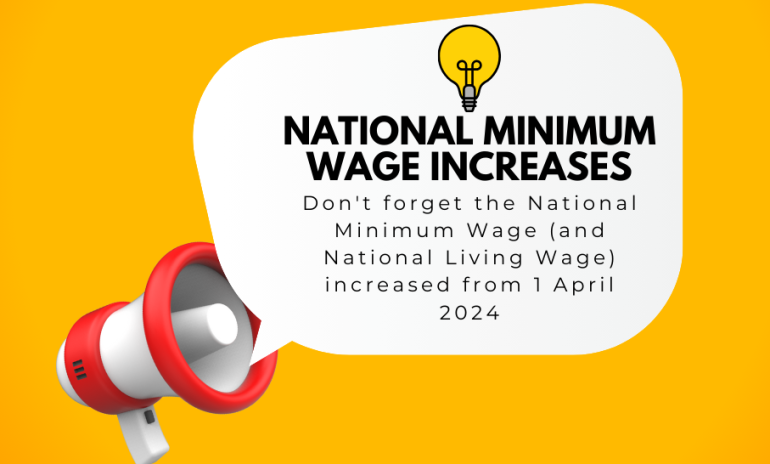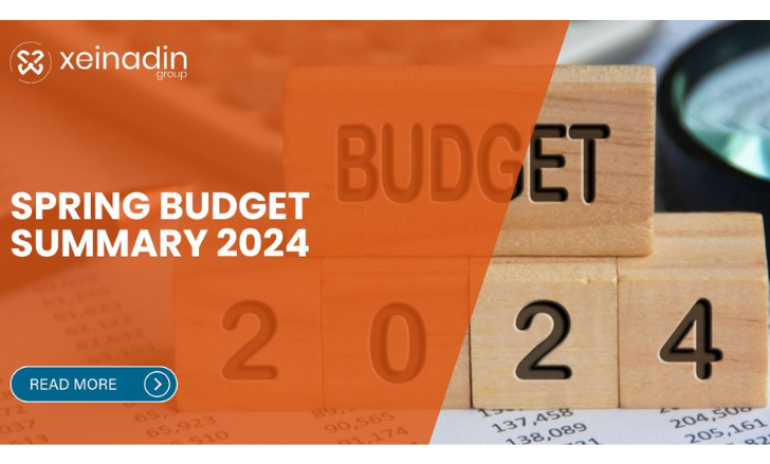Key Points from the Spring Budget
Date: 09/03/17

This week Chancellor Philip Hammond set out changes to the government’s taxation income and expenditure in his Budget, many of which will have an impact on the way the UK’s small businesses operate in the future.
Making Tax Digital
One key aspect of the budget was the deferral of Making Tax Digital for smaller businesses, which will be welcomed as it is those small businesses who are going to have most trouble converting to digital systems.
It should now be possible for MTD to be tried out first with larger firms, giving more time for HMRC to iron out the inevitable teething problems for taxpayers and accountants alike.
It is promising that MTD is being pushed back but Philip Hammond’s speech didn’t provide any detail. A consultation with the business community finished four months ago and we still have no answers to vital questions, like:
- Who is digitally excluded?
- How does the system interact with Self-Assessment?
- How much can my agent do to help me?
- What information do I need to report?
The deferral affects sole traders, the self-employed and landlords with an income of less than the VAT threshold, who will now start quarterly reporting in 2019.
Businesses over the VAT threshold (currently £83,000, but rising to £85,000) will have to report quarterly from April 2018, as planned.
Dividend Tax
Currently dividends of £5,000 can be received tax-free but this allowance will be reduced to £2,000 from April 2018, increasing the tax bill on dividends by up to £1,143 each year. Alongside the 7.5% increase in the tax rate on dividends which was introduced last April, the tax saving by receiving dividend income will be eroded still further.
Whilst this affects owners of shares, it is those running their own businesses through a Limited Company who will feel the pinch the most. Other investors have the opportunity to use ISAs to hold their investments, and so do not have to pay income tax on any of the dividend income.
National Insurance
The increase in the National Insurance contributions for the self-employed announced yesterday is not a great surprise, given the 3% differential between the rate of contributions paid by employees and the self-employed. The Chancellor has softened the blow, by delaying the first 1% increase until April 2018, when the Class 2 contributions paid by the self-employed will be abolished.
As a result, the additional cost in the first year will be under £200, followed by a further increase of up to £350 the following year.
Unfortunately, this increase in taxation on the self-employed seems to overlook the loss of employment rights that the individuals have to accept and the additional risks taken as part of running their own business, neither of which affect employees.
If you would like more information about the recent budget and how this might affect you and or your business, then please do not hesitate to contact the office.

Author: Paul Wilkinson FCA
A former pupil at Lancaster Grammar School, Paul moved away from the area and completed his training with KPMG in Birmingham, qualifying as a Chartered Accountant in 1989. He returned to Lancaster and joined Scott &...
0 Comment
Add your Comment
We have the ability to edit and/or delete posts and comments. Links should be relevant to the topics. Please note all comments are subject to review before inclusion.














Nobody has commented yet. Why not add one?